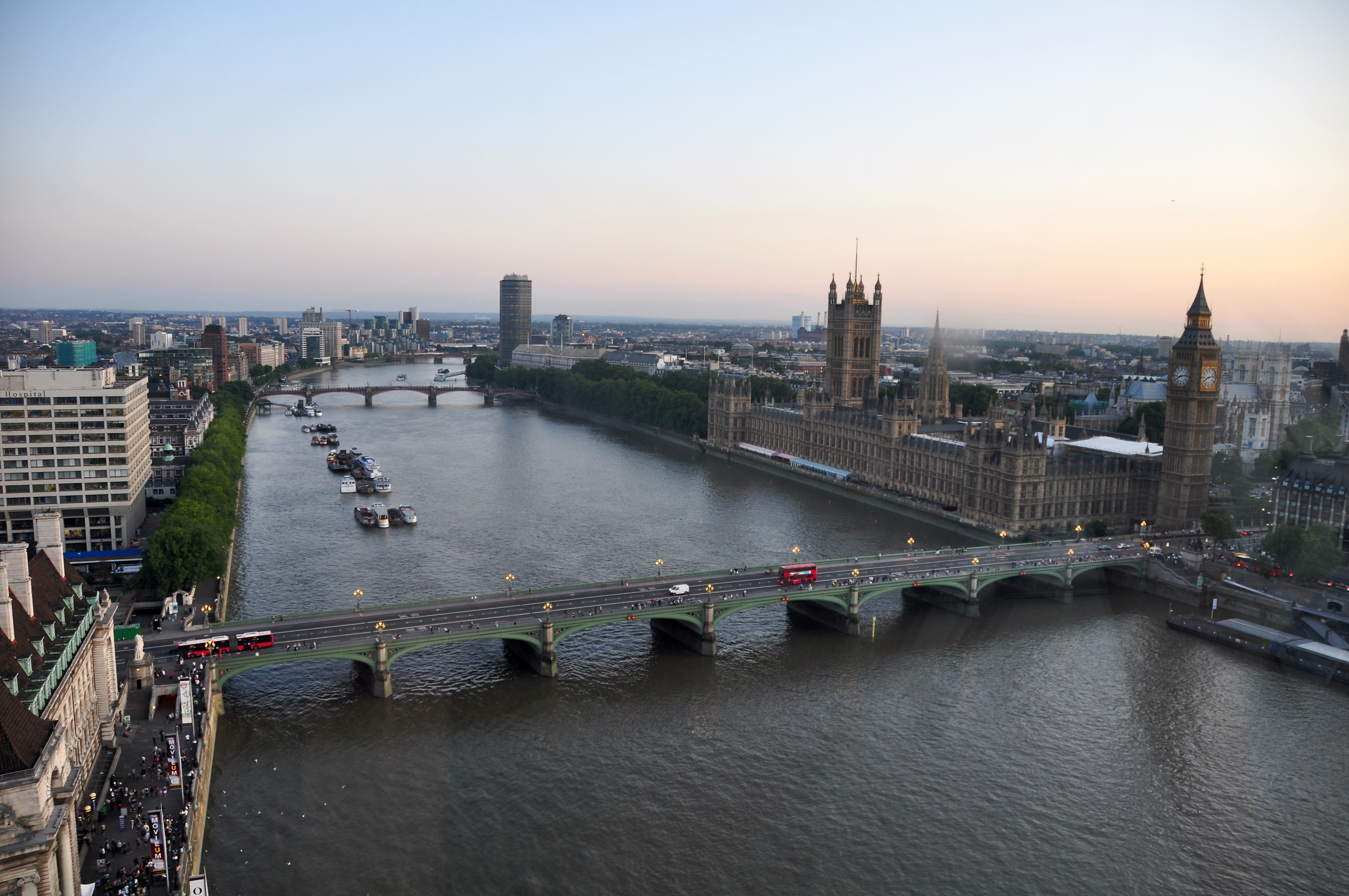
On March 22, 2017, a terrorist attack occurred in London at Westminster Bridge, Parliament Square and grounds of the Palace of Westminster. According to CNN, 4 people were killed and many were injured when an attacker drove a car through civilians, stabbed a policeman before being shot dead by police on the streets of Parliament.. It was the first major terrorist attack in Britain since 2005, when bomb attacks on the London transportation system killed 52 people, including four attackers.
Seven months prior to the attack, Prime Minister David Cameron held a press conference in order to warn the citizens of Britain that they face the “greatest and deepest” terror threat in the nation’s history and pledged emergency measures to tackle extremists. The threat of terrorism in the U.K was raised to “severe” in light of the growing fear of ISIL returning from Iraq and Syria. At the press conference, Cameron disclosed that ISIL had made specific threats against the U.K and did not rule out military action in order to deal with this issue. The warning came due to the revelation that a laptop seized from ISIL in Syria contained research on how to create a biological bomb and how to use religious justifications as an excuse to target particular civilians
The attacker was 52 year old Adrian Ajao, who went by his Muslim name Khalid Masood. He checked into the Preston Park Hotel in Brighton on Tuesday morning. The hotel’s manager, Sabeur Toumi, said that Masood “was laughing and joking, telling us stories about where he lived”. He chatted to the staff about his hotel about his family, expressing worry for his father’s cancer. Despite his seemingly polite demeanor, Masood had a history of criminal convictions and had been jailed twice under the name Adrian Ajao.

According to BBC News, the four people who were killed were identified Aysha Frade, Kurt Cochran, Leslie Rhodes and PC Keith Palmer. Frade was a British teacher and a mother of two, who is believed to have been walking along the Westminster Bridge to pick up her children from school. Cochran was a tourist from the U.S, who was visiting London from Utah to celebrate his 25th wedding anniversary with his wife Melissa, who was also injured. Rhodes, aged 75, was thought to have been visiting a nearby hospital when he was hit by a car. Lastly, Palmer was a police officer who was stabbed to death outside of the Houses of Parliament.
Many people have offered their condolences to Britain for the attacks. Members of the U.K public have brought flowers to lay outside New Scotland Yard in tribute to Palmer, while others have left flowers near the scene of the attack in Westminster. People also gathered in London’s Trafalgar Square on Thursday, March 23 to pay their respects to those who were injured and killed in the attack. This was followed by a candlelit vigil that consisted of speeches, including one by Mayor of London Sadiq Khan, who described London as “full of amazing people from all backgrounds, and when Londoners face adversity we always pull together”.
Many world leaders across the globe have shown solidarity as a result of the attacks. In Paris, the lights of the Eiffel Tower went out from midnight on Thursday in tribute to the victims. French President Hollande stated that “terrorism concerns us all and France knows how the British people are suffering today”. German Chancellor Angela Markel, whose country saw an attack in Berlin by IS this past December, said that “I want to say for Germany and its citizens: We stand firmly and resolutely by Great Britain’s side in the fight against all forms of terrorism,”. In a statement issued by The White House, Secretary of State Rex Tillerson stated that “On behalf of the United States, I express my condolences to the victims and their families, The American people send their thoughts and prayers to the people of the United Kingdom. We condemn these horrific acts of violence.”
In the wake of the attack, British government officials will meet with representatives of American technology companies in the upcoming week to discuss widening global push against encryption technology that blocks access to the private messages of criminals and innocent people alike. Britain’s home secretary, Amber Rudd, believes that the nation’s intelligence agencies should have access to encrypted messages sent through WhatsApp.





The views expressed in the contents above are those of our users and do not necessarily reflect the views of MailOnline.